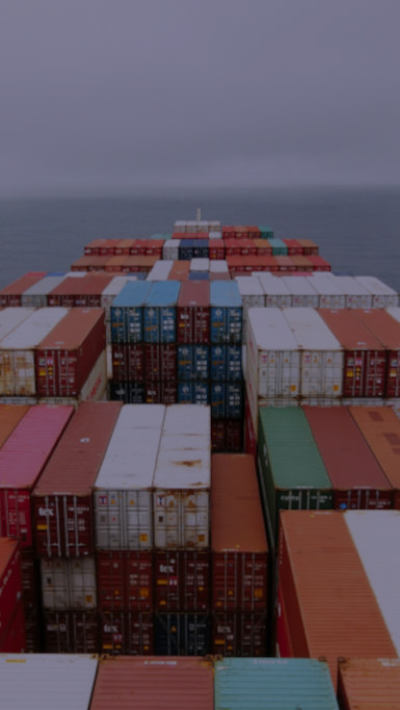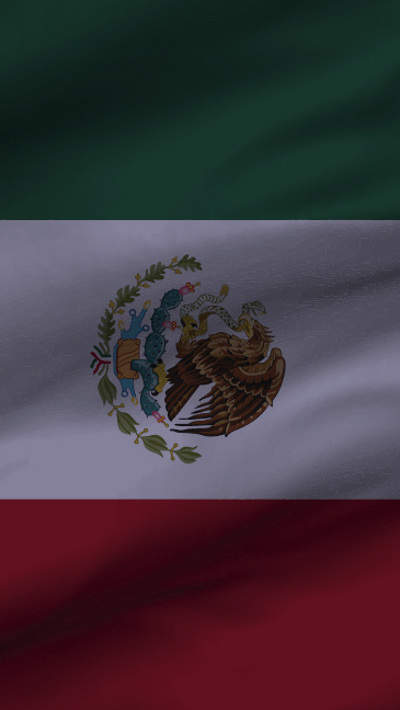Speak to our experts
Contents
Organisations with consolidated revenues in Australia of over AU$100m must now publish annual Modern Slavery Statements.
The requirement, which was legislated for through the Australian Modern Slavery Act 2018, could affect around 500 New Zealand businesses, either where they carry on substantial business in Australia and are required to publish their own Modern Slavery Statements under the Act, or where they face pressure as suppliers to Australian businesses in turn preparing Modern Slavery Statements.
Organisations will be required to produce their first statement by 31 December 2020 if their financial year ends 31 March 2020, and by 31 March 2021 if their financial year ends 30 June 2020.
The Australian legislation
Modern slavery encapsulates serious exploitation of workers including forced or bonded labour. It is estimated that there are around 45 million victims of modern slavery globally, two thirds of which are from the Asia-Pacific region.
The Australian Act requires organisations with over AU$100m consolidated revenue to report publicly on the steps they are taking to manage the risks of modern slavery in their business and supply chains, particularly offshore.
A supply chain includes products and services sourced in Australia or overseas and extends beyond direct suppliers to entities further down the chain, including suppliers of raw materials and service providers.
Organisations must submit annual statements, published online, which have been approved by the board and signed by a director. These must describe:
- the reporting entity’s structure, operations and supply chains (including services provided by suppliers and subcontractors, such as cleaning services and outsourced call centres)
- the risks of modern slavery practices within the organisation, its supply chains and any entities it owns or controls (i.e. the potential for the organisation to cause, contribute or be directly linked to modern slavery through its operations and supply chains)
- any actions taken by the organisation and any related entities to assess and address modern slavery risks (including due diligence and remediation processes, management responsibility, tools and policies, external partnerships, and outreach to suppliers)
- how the organisation assesses the effectiveness of these actions (whether by Key Performance Indicators or other tools), and
- relevant consultation processes around any of the above.
While the Act does not contain any financial penalties, there will be reputational risks attached to non-compliance enhanced by the public nature of these disclosures.
The Australian legislation reflects similar legislation that has already been passed in the UK (Modern Slavery Act 2015), California (Transparency in Supply Chains Act) and France (requiring a human rights ‘vigilance’ plan). Statements published under the UK regime are searchable on an online database.
Implications
New Zealand businesses carrying on business in Australia with consolidated revenues of over AU$100m will be required to conduct due diligence and publish a Modern Slavery Statement in accordance with the legislation. New Zealand companies that are part of an Australian company’s supply chain can expect to be asked to provide information on their internal policies and procedures for avoiding modern slavery, as part of the due diligence process.
Inhouse counsel, risk, operations and CSR officers responsible for compliance with the Australian legislation will need to develop their own modern slavery procedures appropriate for their business prior to issuing their own mandatory Modern Slavery Statement or responding to questions from Australian purchasers. Businesses will be conscious of needing to understand the specific risks of their own supply chains, and having in place appropriate due diligence and training programmes to allow modern slavery risk-factors to be identified. Understanding of modern slavery and other human rights risks in business forms part of an emerging recognition of the importance of business resilience.
Our thanks to Nicola Swan and Danae Wheeler for writing this Brief Counsel.












































